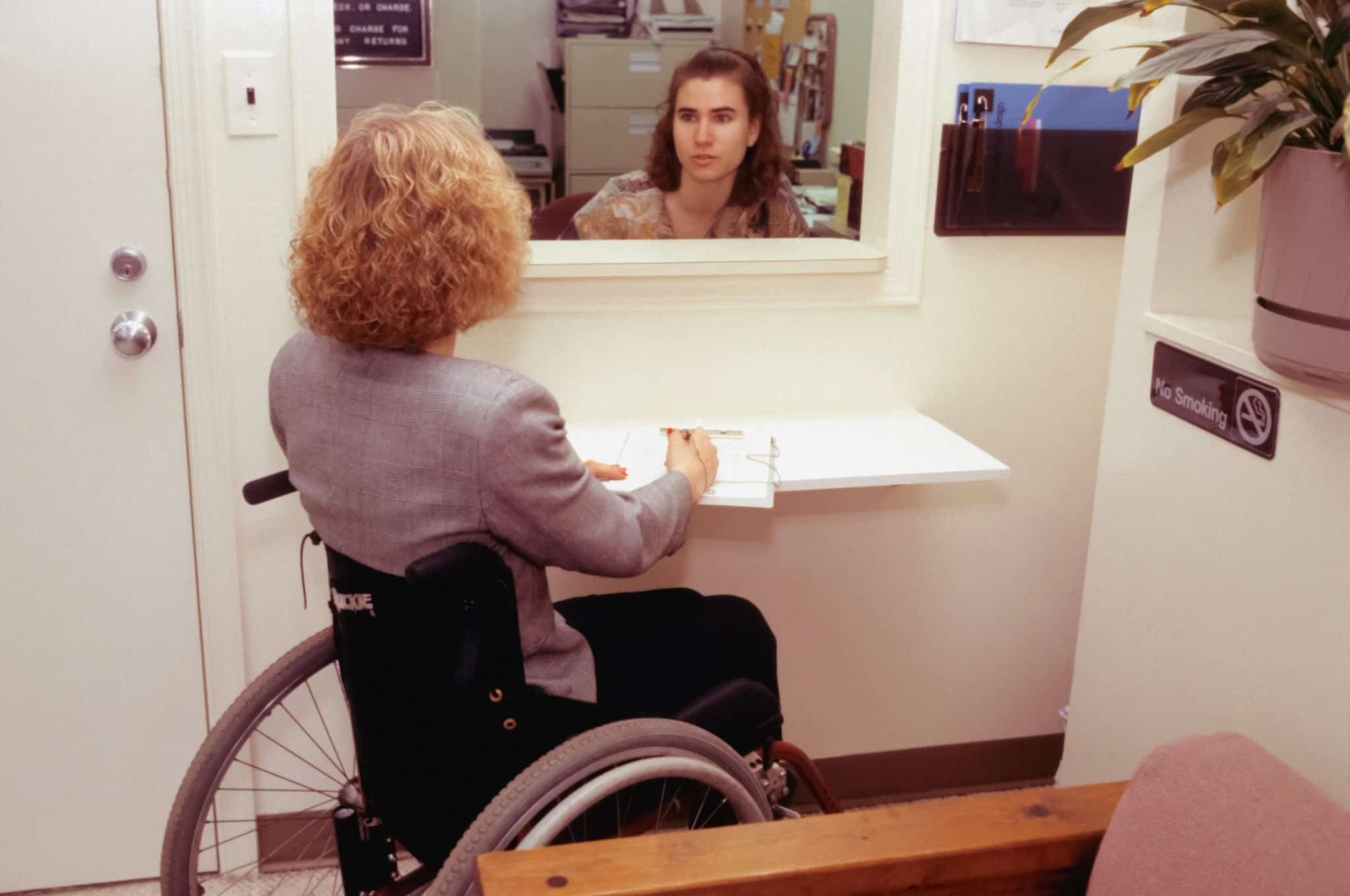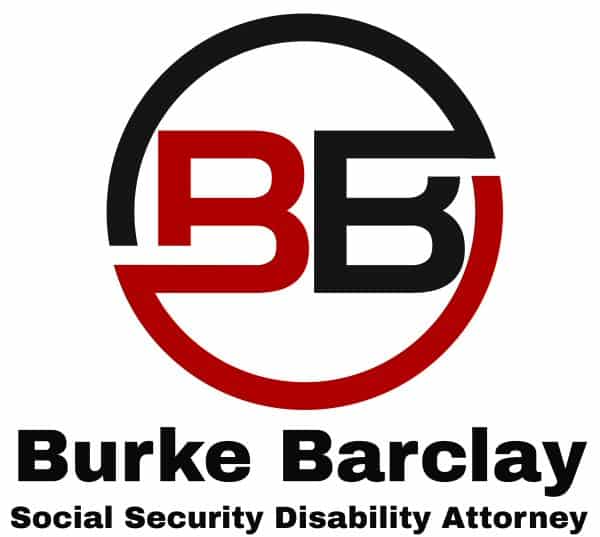Why Did Social Security Place My Disability Case On Hold?
Believe it or not, this is quite a common occurrence. The trick is to not only know what you’re doing when filing for disability benefits but understanding the process of determining when someone is or is not disabled.
There are a few scenarios when Social Security will place a disability claim on hold and resume reviewing it at a later date. If this happens to you, it’s best not to panic and either wait until a certain time has passed, or take the action needed to get your case going again.
One of the most likely scenarios when Social Security will place your case on hold is when you first file and the Administration is wanting additional information. Often, this occurs because a claimant has filed for disability soon after quitting or being let go from their last place of employment. Here, Social Security will often want an additional Work History Report to make sure the claimant is actually no longer working at his or her last job and at what level of pay they receiving.
Usually, this delay is resolved by mailing copies of last year’s W-2’s or copies of last year tax return to show self-employment. If you do receive notice that your local Social Security office needs such items, be sure and make copies and mail them. It is important to not only follow the list of what your local office needs, but also make a call to follow up and make sure such items were received and your case is now back to being processed.
At other times, a state Disability Determination Services (DDS) will place a case on hold for medical reasons. Here, your case manager may be waiting for you to finish a certain treatment so that he or she can request the additional medical records to further analyze whether or not you are disabled under Social Security’s rules. This often also occurs when the claimant has been hospitalized during the review process and DDS feels as though this hospitalization will further help determine disability.
At other times, if a claimant’s condition is rather new, DDS will place the case on hold for a month or two to request additional medical records to support its finding of whether or not a person is actually disabled. If this scenario occurs, make sure you keep in contact with your case manager to know exactly when your case will resume. This delay is usually only for a month or so, but such a delay in an already lengthy process can be frustrating to most.
Most often, however, a case on hold is because the claimant has yet to complete his or her five month short-term disability period. In order to understand why one would be placed on a medical hold, it is important to understand the definition of what it means to be disabled:
One of the requirements for being disabled under Social Security’s own rules is that a person is going to be disabled more than five months (what is considered to be short-term disability) and is expected to be disabled for at least a year or more or have a condition that is likely to lead to death. Now, for most people this is hard to understand. Social Security is not requiring a person to have a condition in which he or she expects to die. That could not be further from the truth. What Social Security is requiring is that a person have some recognizable medical condition in which will keep a person (or is expected to) from working for a year or more.
One does not need to wait a year before he or she files a disability claim. However, if a claim is filed within the first month or two after being out of work, then the case is likely to be a case on hold until the five month short-term disability period is over and the person is still not working due to his or her medical condition. In such a scenario, a person will file his or her claim (for example) a month or two after being unemployed, and then wonder why there has been no additional work done on his or her case. Here, Social Security is simply waiting for the five months to be over, and then will resume processing the claim. If one finds themselves in such a situation, there really is nothing anyone can do until the five month period is up. Once it is, the case will then move forward.
Now, there are ways to stop your case from being placed on a short-term medical hold. First, analyze when you actually became disabled. You can do so by alleging an earlier onset date (the date in which you believe you became disabled). If, for example, you state you stopped working in August, but you had reduced your working hours to making less than $1,130.00 gross per month in February but still continued to struggle to work, then you can allege an onset date (again, the date in which you believe you became disabled) as of February.
So, what exactly does this do? Well, for starters, even though you filed your disability claim in September, your onset date in February makes it look as though the five month-short term disability time requirement has already been satisfied. And, if you were making below the statutory limit ($1,130.00 in 2016), then you were not engaging in what is called Substantial Gainful Activity (SGA) and you will not be placed on a medical hold even though you completely stopped working in August and filed your claim in September.
Therefore, it is best that you do not just immediately file for disability benefits just because you finally stopped working due to your condition. Step back and analyze your case before just jumping on the computer and filling out the online application. Ask yourself, when did I really become disabled and could no longer work at a full-time level? When did I stop making more than the SGA limits? The further you can push back your onset date the quicker your five month short-term disability requirement is fulfilled and actually the more back-pay you will receive once your claim has been approved. But, you also need to be sure your medical records show you were having such medical issues during the time in which you allege you were (and continue to be) disabled.
While these blogs are not meant solely to drum up business for Social Security disability attorneys, like myself, sometimes it does pay to have an experienced disability attorney analyze your case and help you to decide on a reasonable onset date. Just simply documenting an onset date correctly could mean that not only does the case move quicker through the system, but the claimant receives more in back pay once the claim is successful.
Lastly, there is also something very important to understand as well. Time and time again, I see case that could have been successful if the correct onset date had been chosen. This especially comes true when a person has worked sporadically over the last ten years. If you fit into this category, you need to do the following:
First, this makes a huge impact on whether or not you will qualify for Social Security Disability Insurance (SSDI) benefits or you will only be able to qualify for Supplemental Security Income (SSI) benefits or both or neither and you cannot receive disability. It could take days to help someone understand this issue alone, but just knowing whether or not you have been consistently working for five of the last ten years will go a long way.
You need to go to your local Social Security office and ask to see your work credits. If you have sufficient work credits then you are usually not in danger of losing your insurability for a couple of years. However, if you have only worked a little during the last ten years, then if you pick the wrong onset date and cannot substantiate this date with clear and thorough medical records then you will be denied (usually) and will likely have to go to a hearing where the judge will inform you that you must amend your onset date or risk being denied completely for all benefits.
One of the reasons why this is such a bad thing is that you will find yourself within the disability process for at least two years before the judge will be able to explain exactly what you did wrong.
You Need an Experienced Social Security Disability Lawyer
We represent claimants fighting for their Social Security disability benefits throughout Texas and California. Contact the Law Office of Burke Barclay for a highly experienced Social Security Disability Lawyer in Dallas, Texas
"Experienced Social Security Disability Lawyer representing clients throughout the United States who either need to initially file for their Social Security disability benefits or have been denied at one of the various stages throughout the process to give them the best chances of success."
Business Address
The Law Office of Burke Barclay
3838 Oak Lawn Ave.
Suite 1000
Dallas, TX 75219
Business Hours
Monday - Friday
8:00 AM - 5:00 PM





